The City of London Corporation claims it will become the first UK local authority to run a fully electric fleet of refuse collection vehicles following a successful trial.
The first of the fleet of five new Electric Refuse Collection Vehicles (ERCVs) arrived at the City of London Corporation this week.
The zero-emission recycling and waste collection fleet will collect residents’ waste and recycling in the Square Mile.
The vehicles are being operated by Veolia, who deliver the City Corporation’s recycling and waste collections, street cleansing and ancillary services operations.
Pascal Hauret, managing director of municipal for Veolia UK, said: “This new electric solution now opens new possibilities for cleaner air in cities, with the potential of recharging the vehicles using electricity generated from the waste they carry via energy recovery facilities.
“It marks a major step forward towards carbon net zero targets and highlights how local authorities can drive sustainability by using green solutions to address their environmental challenges.”
To ensure the electricity infrastructure supports local communities, and at the same time provides sufficient charging for the fleet, Veolia has developed a smart charging system. It compares data including shift patterns, available generation and vehicle power requirements, and uses this in an algorithm that automatically determines which vehicles are charged when in the depot.
By using this system, the vehicles are available when needed, local grid power availability is maintained, and future expansion of electrical demands can be met as further decarbonisation measures are introduced.
Other technology includes the use of liquid-cooled permanent magnet drive motors to ensure the ERCV can withstand stop-start environments where high torque is required.
The new 18-tonne and 26-tonne trucks can complete a full shift on one charge and will start their first rounds this month.
The trucks are part of the City Corporation’s plan to ensure at least 90% of the Square Mile meets World Health Organisation guidelines for nitrogen dioxide by 2025.
Chairman of the City of London Corporation’s environment committee, Keith Bottomley, said: “Our fleet vehicles emitted about 400 tonnes of CO2e in 2018/19, so this change of fleet is of great significance.
“We hope this move will encourage local authorities across the country to follow suit in the urgent need to deal with toxic air.”
He added: “We will continue to take steps to ensure that we are reducing emissions from our entire vehicle fleet, for the benefit of all.”
The City Corporation is also piloting a 24/7 zero-emission street at Beech Street and will turn other parts of the Square Mile into zero-emissions zones by 2022.
New diesel vehicles have also been banned from its fleet, where there is a clean market alternative, and it is leading a London-wide crackdown on drivers who leave their engines idling when parked.

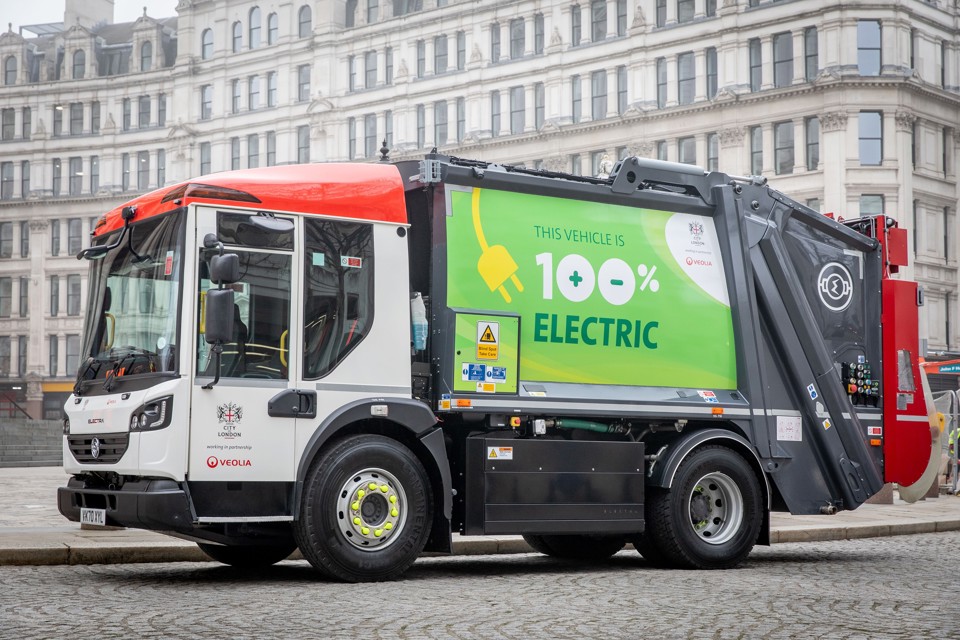




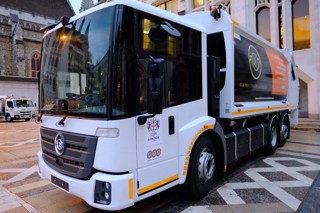
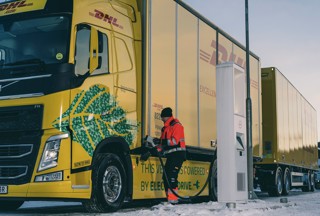
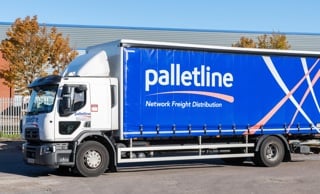
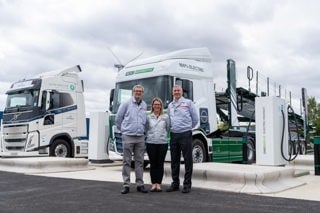












Login to comment
Comments
No comments have been made yet.